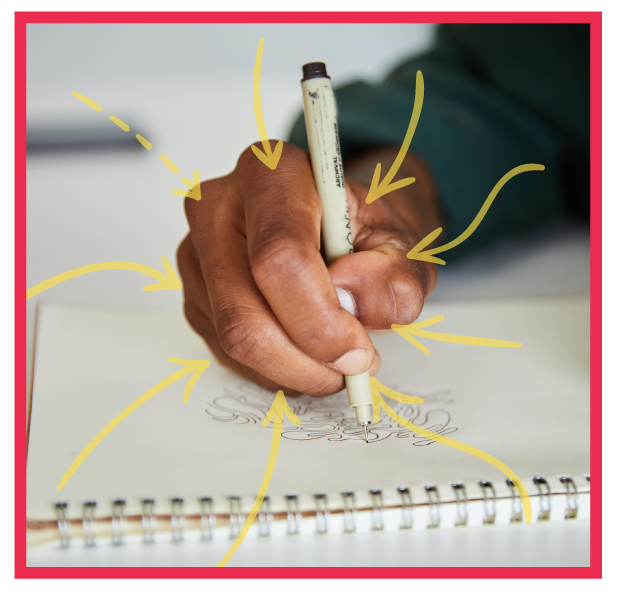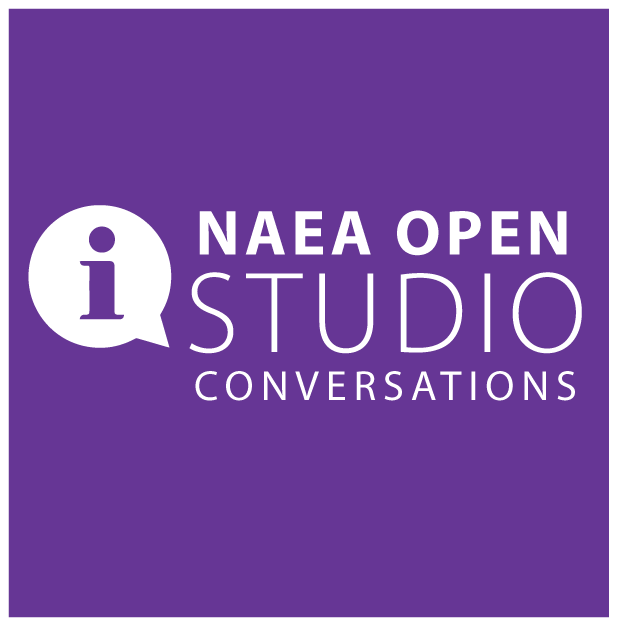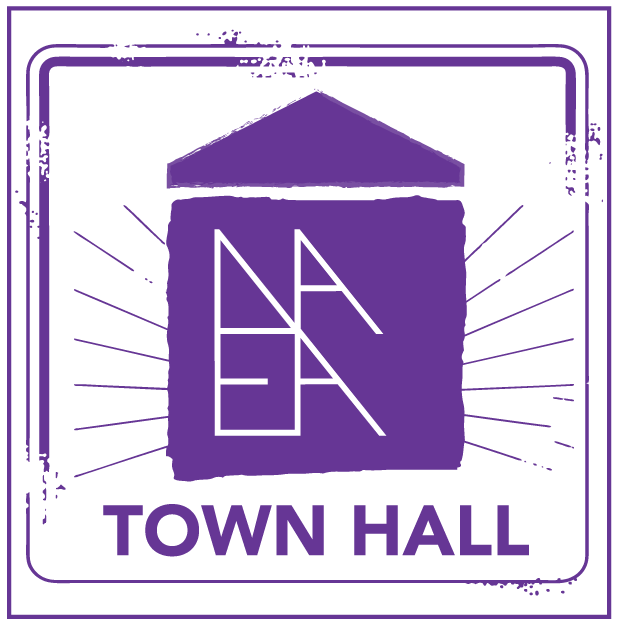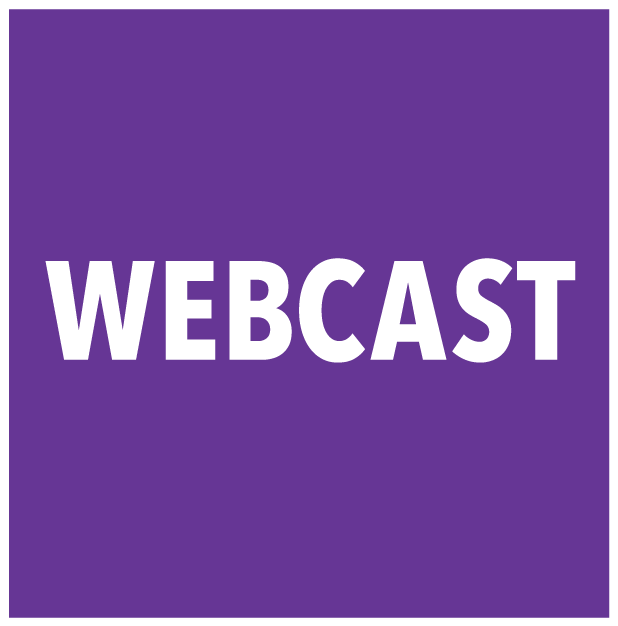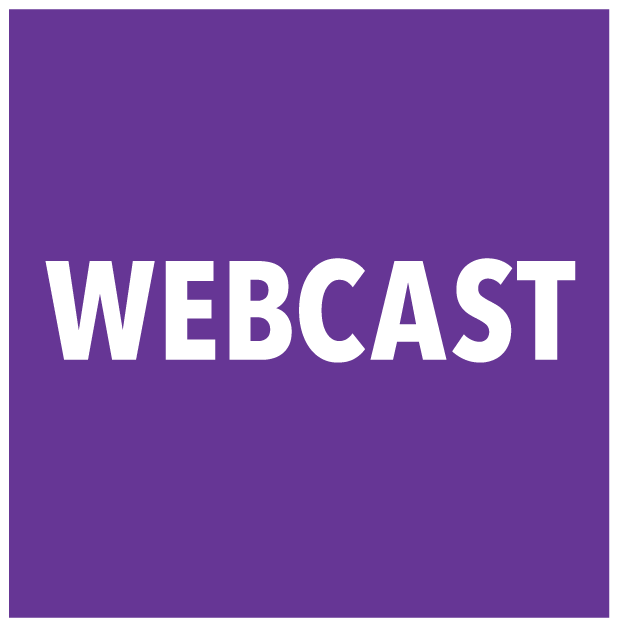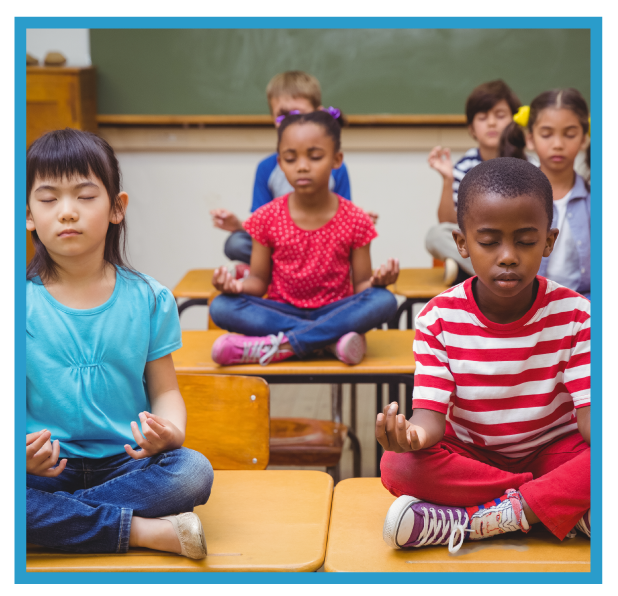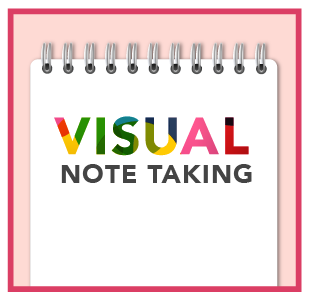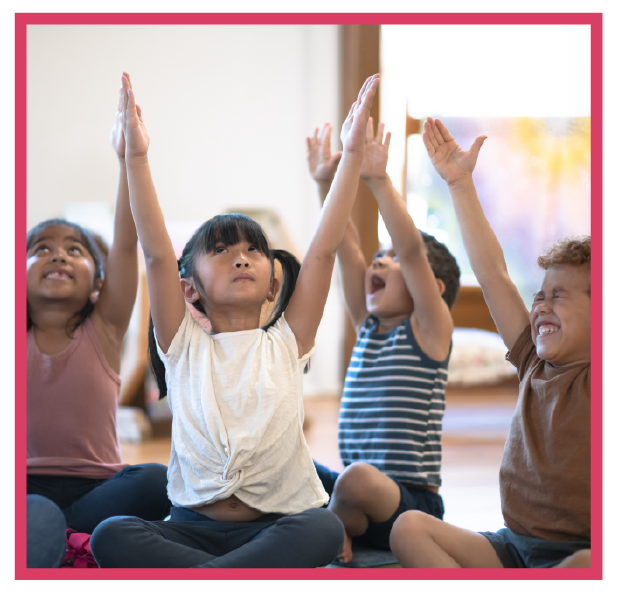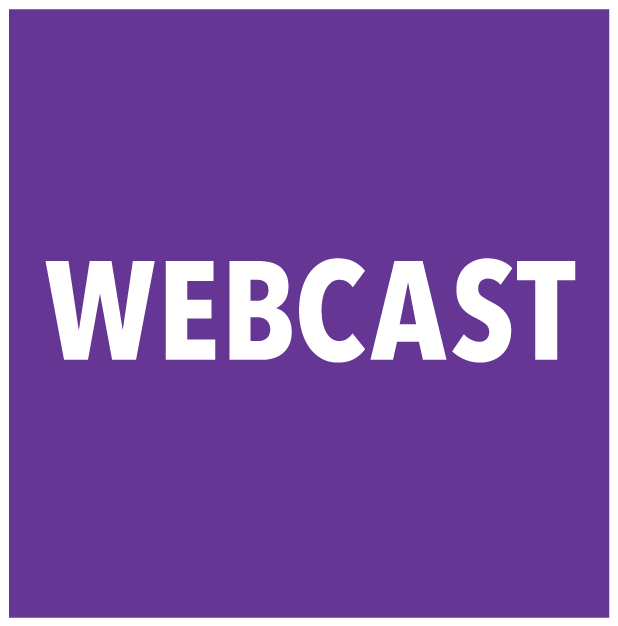
Personal Practice
- Contains 3 Component(s), Includes Credits
[March 6, 2024] Join us as we explore drawing in the 21st-century classroom. From analog to digital arts, see examples and hear from educators who teach drawing to advance artmaking and communications skills to help students capture real and imagined worlds. As part of this discussion, we’ll also dive into how the methods and mindsets of sketchnoting can help learners of all ages build confidence with new and effective ways to absorb and manage information.
-
Register
- Non-member - $49
- Member - Free!
- More Information
-
Register
- Contains 2 Component(s)
[January 25, 2024] Join us for a conversation on how research lives in our practice as educators and how it translates to K–12 settings through professional learning at the district level as well as the preparation of preservice educators. Presented by three members of the NAEA Research Commission, their shared experiences will highlight how the Commission actively promotes and engages a wide range of topics for empowering practice, advocacy, and dialogue among a range of education environments to build networks and foster collaborations.
-
Register
- Non-member - Free!
- Member - Free!
- More Information
-
Register
- Contains 1 Component(s)
Are you interested in furthering your instructional capacity to serve each unique students’ needs, or leveraging the arts in your school for greater impact? If so, join us for the Connected Arts Networks (CAN) Town Hall! CAN is a multi-year grant initiative creating nationwide virtual Professional Learning Communities (PLCs) with educators in visual/media arts, music, theatre, and dance. CAN’s purpose is to build a sustainable model of professional learning for arts educators in public schools and public charters to strengthen their pedagogy, instruction, and leadership skills to better serve students. In fall of 2023, we are recruiting up to 600 arts educators (150 educators per art form) to serve as PLC participants! These PLCs will meet virtually each month of the school year from January of 2024 through June of 2026 with a primary focus on professional learning in the areas of equity, diversity and inclusion; social–emotional learning; and teacher leadership through standards-based arts instruction. At this Town Hall, you will hear from current CAN Teacher Leaders in each art form who are part of the inaugural cohort, in addition to learning more about the program, benefits, and how to apply! This program is a partnership between the New York City Department of Education’s Arts Office, the National Dance Education Organization (NDEO), the Educational Theatre Association (EdTA), the National Association for Music Education (NAfME), and the National Art Education Association (NAEA).
-
Register
- Non-member - Free!
- Member - Free!
- More Information
-
Register
- Contains 1 Component(s)
Join us for an evening exploring how research impacts educational and artistic practice. Presenters from a range of diverse contexts will share inquiries that explore the multitude of ways educators, leaders, and artists embrace their role as researchers. Drawing from the themes of the 2022 Research Preconvention, presenters will discuss Research to Practice; Creative Practice as Research; Equity, Diversity, and Inclusion; and Building Research Networks in Art Education. The overall theme of this year’s Research Preconvention, What’s Your Why? Art Education Research as a Common Enterprise, stemmed from the Research Commission’s mission to cultivate a culture and community of inquiry making research meaningful and accessible to all. Find out more about how research lives differently in different places. Indeed, from schools, higher education institutions, museums, and community-based settings to online contexts, research in art education is a map with many destinations. Come connect, collaborate, and build research networks with people who share your questions.
-
Register
- Non-member - Free!
- Member - Free!
- More Information
-
Register
- Contains 1 Component(s)
Self-study is a methodology for self-inquiry used by practitioner–researchers across many disciplines. It is guided by questions focused on professional practice issues with the aims of self-awareness, professional growth, and professional goal setting. Within a self-study, a visual journal can document the processes of professional inquiry and serve as a rich source for arts-based data that can be interpreted for themes, insights, and new questions about professional practice. Drawing upon the text, Becoming a Visually Reflective Practitioner: An Integrated Self-Study Model for Professional Practice (Sheri R. Klein and Kathy Marzilli Miraglia, 2021, Intellect), the presenter–researcher will discuss arts-based self-study as a useful research methodology for art educators to explore issues related to professional practice. The purposes of and considerations for a visual journal will be outlined using examples from the presenter/researcher’s self-study journal.
-
Register
- Non-member - Free!
- Member - Free!
- More Information
-
Register
- Contains 2 Component(s), Includes Credits
[January 5, 2022] Social–emotional learning provides a foundation for safe, positive learning and enhances students’ ability to succeed in school, careers, and life. Join Melissa Hronkin in this insightful webinar to learn mindful breathing, chair yoga, and other techniques that you can share with students and colleagues to help foster a culture of self-care in and out of the art room.
-
Register
- Non-member - $49
- Member - Free!
- More Information
-
Register
- Contains 2 Component(s), Includes Credits
[June 23, 2021] Visual note taking is a fun and easy way to transform the way you see—and capture—the world around you! This technique combines words and pictures together into more visually rich notes. Those who practice visual note taking end up looking more closely at the world, listening more carefully, and retaining more of what they see and hear than with writing words alone.
-
Register
- Non-member - $49
- Member - Free!
- More Information
-
Register
- Contains 1 Component(s)
Join us for the June NAEA Town Hall Conversation as we collaborate to inspire your inner artist. We know you are likely immersed daily in artmaking with your learners, but can we help you tend to your own practice? Connect with a variety of arts educators who have found ways to honor their own artmaking as well as create unique experiences for their communities through projects and workshops. And, it’s perfect timing, as we prepare for summer and look forward to picking up our own tools and dedicating some quality time to making, creating, and expressing!
-
Register
- Non-member - Free!
- Member - Free!
- More Information
-
Register
- Contains 2 Component(s), Includes Credits
[January 13, 2021] Learn about mindfulness—what it is, why it works, and how to incorporate easy exercises into the school day. Gain accessible information into the science behind mindfulness as well as how it can help with self-regulation for our students and, most importantly, ourselves.
-
Register
- Non-member - $49
- Member - Free!
- More Information
-
Register
- Contains 1 Component(s)
When traveling on airplanes, adults are asked to secure their own oxygen masks before assisting children. This directive can also apply to art educators, who often find themselves challenged by the variety of challenges our learners encounter and bring with them to the classroom. Research indicates that educators should develop social–emotional competencies, be able to manage their stress and regulate their emotions, and strive to develop resilience. It is imperative that educators recognize their need for self-care, are equipped with an understanding of what self-care is, and know what they can do to develop this practice. Self-care for busy educators is not a selfish use of one’s time. In fact, by tending to our own self-care needs, we are better able to support our learners. This session, organized by the NAEA Research Commission’s Professional Learning Through Research Working Group, explores how self-care can contribute to our profes- sional success.
-
Register
- Non-member - Free!
- Member - Free!
- More Information
-
Register
| Access Date | Quiz Result | Score | Actions |
|---|
